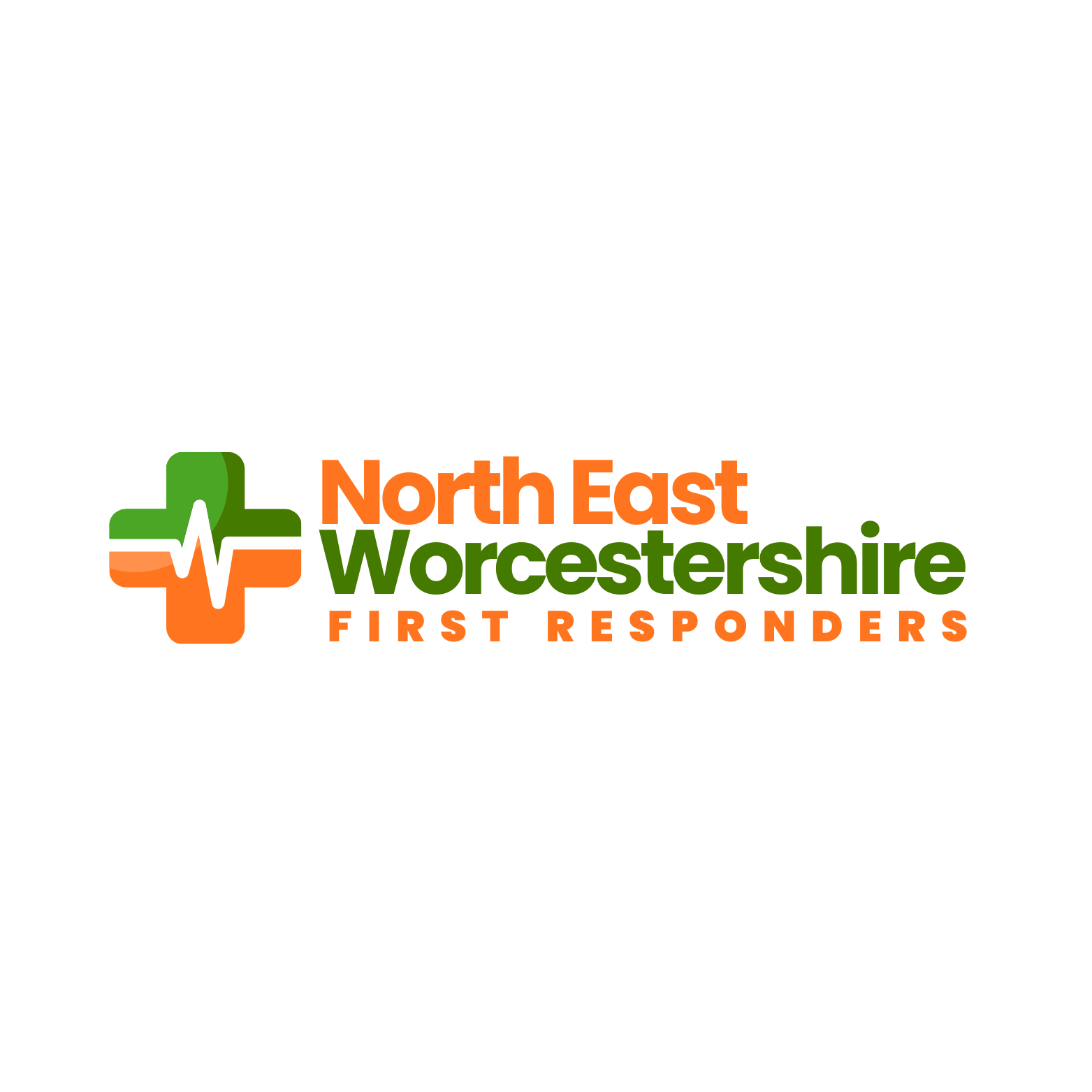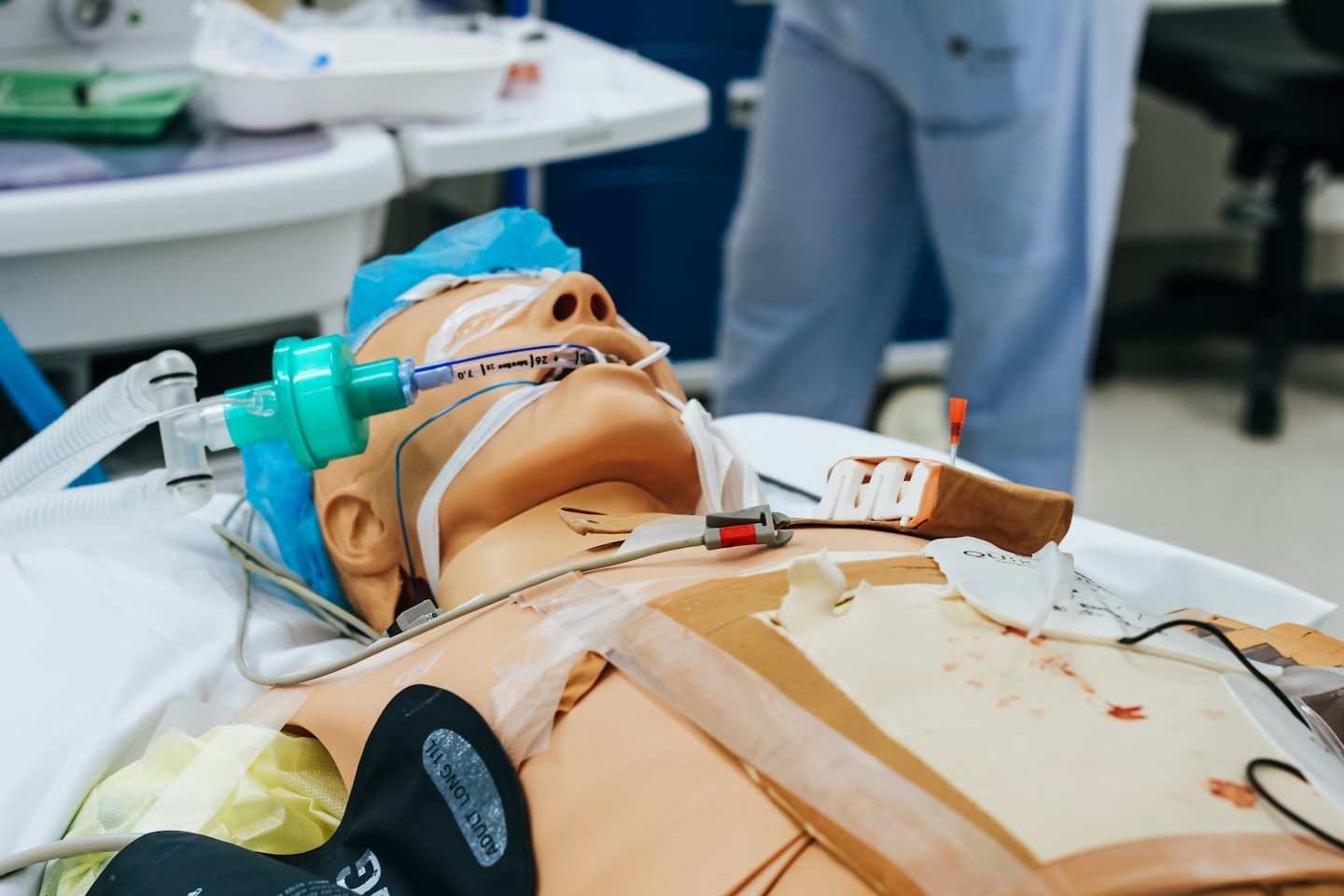Becoming a Community Responder
As a Community First Responder (CFR), you will need to successfully complete training with West Midlands Ambulance Service prior to becoming an active CFR in your local community. As a qualified and active CFR, you will volunteer abiding by the policies and procedures of West Midlands Ambulance Service. Active CFRs are expected to be available to respond to emergency 999 calls for a minimum of 20 hours per month. However, how and when you do this is entirely up to you as it is in your own time e.g. after work, at the weekend, evenings.
You will also be required to attend mandatory training annually and to keep a personal portfolio to include your responding hours and the skills you have used.
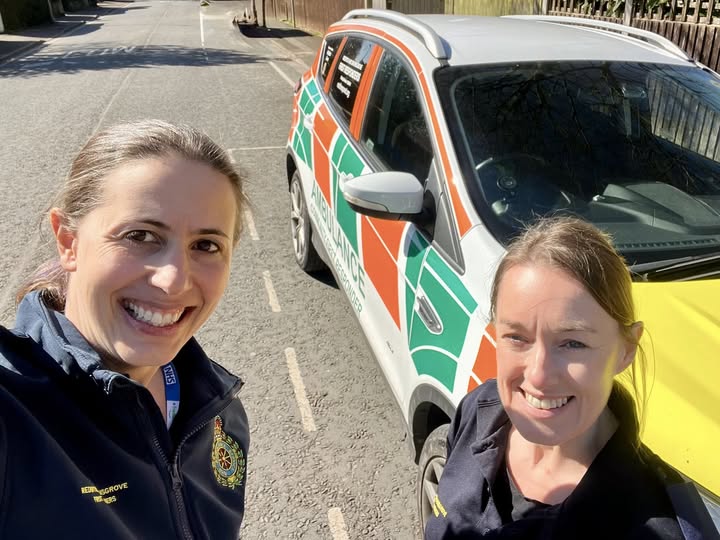
Emergency Response
Rapidly attending emergencies in partnership with West Midlands Ambulance Service to save lives locally.
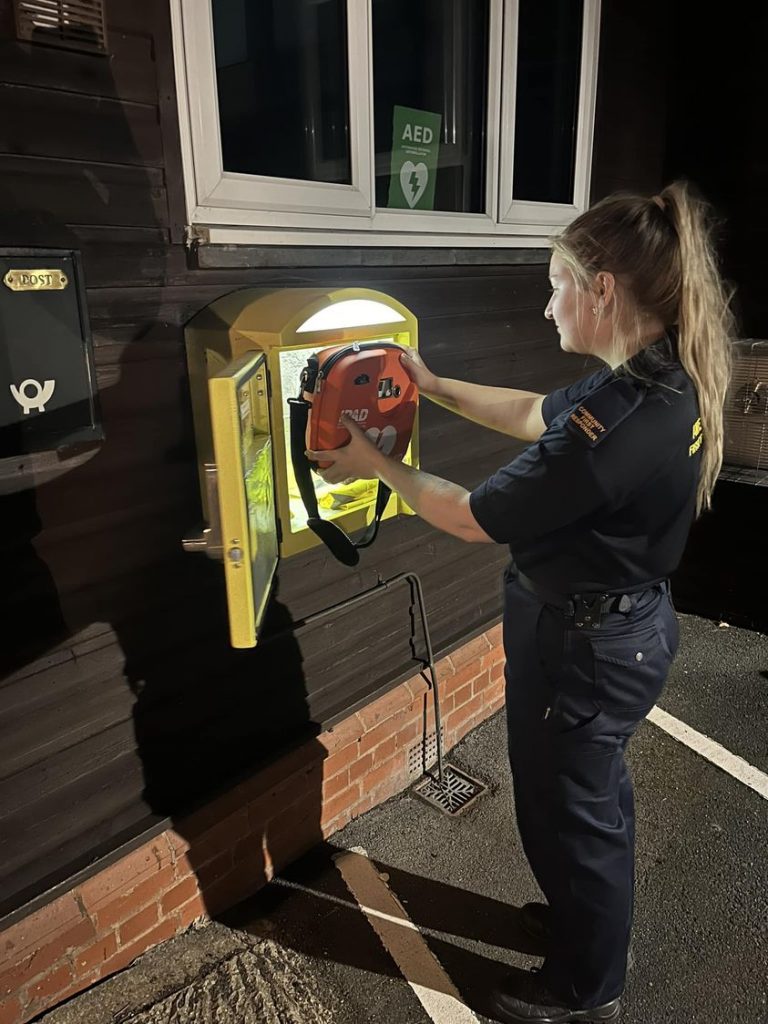
Defibrillator Maintenance
Regularly inspecting and servicing community defibrillators to ensure they are always ready when needed.
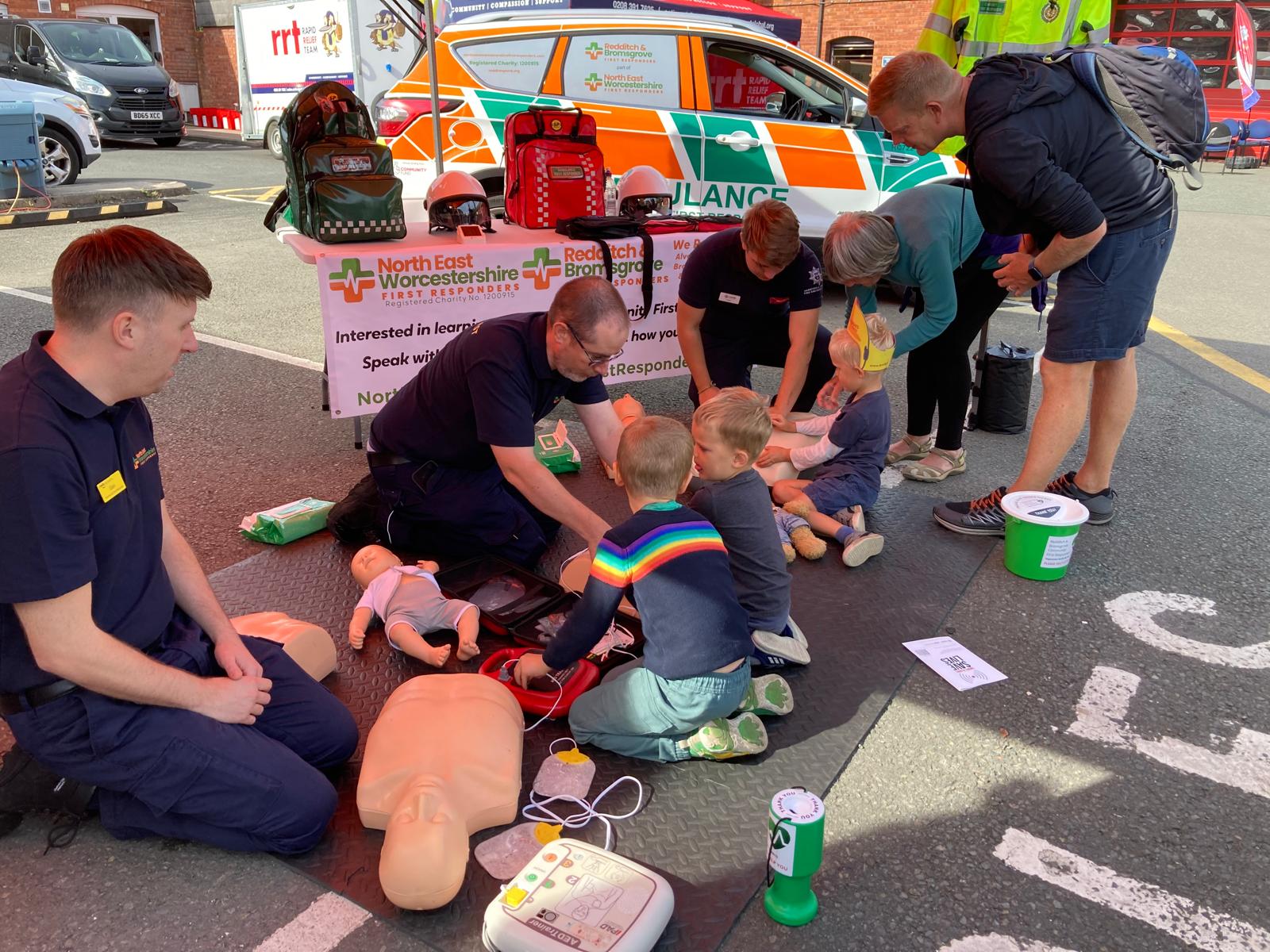
CPR Training & Awareness
Offering accessible CPR courses to empower residents with essential life-saving skills.
What we are looking for
- Aged 18 +
- Have a current driving licence
- Be physically fit
- Be able to attend incidents whilst at home or work
- Have a caring nature and be willing to help raise the profile of the schemes in local areas
- Excellent communication skills
- Be prepared to fundraise to support their local scheme
- Successful applicants will need to hold a clear Disclosure & Barring Services (DBS) at an enhanced level
Becoming a Community Responder
To find out more about becoming a CFR you can read testimonials on the WMAS site from current CFRs Ash O’Malley and Martin Bennett.
All CFR vacancies are advertised on NHS Jobs. You can pre-register interest to get notifications on there. Vacancies tend to be at present yearly, and advertised early in the year (January/February.)
CFRs are trained by the ambulance service and work is ongoing currently to further update this qualification to ensure CFRs receive the very best training to continue to provide excellent patient care.
The CFR training is a regulated course which covers both written and practical work covering anatomy, physiology, traumatic and medical emergencies, basic life support and defibrillation.
